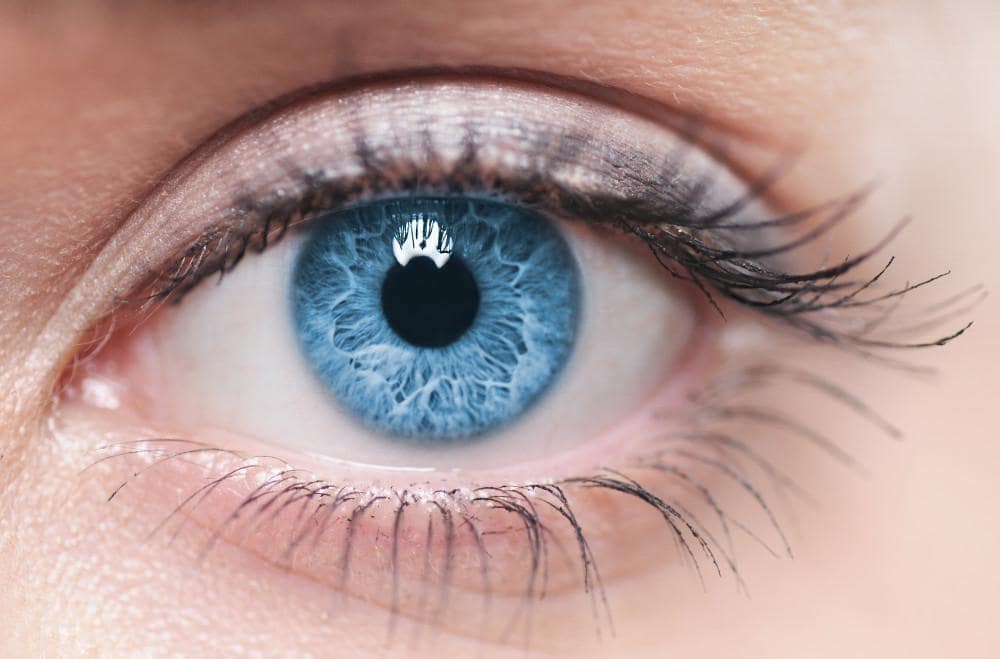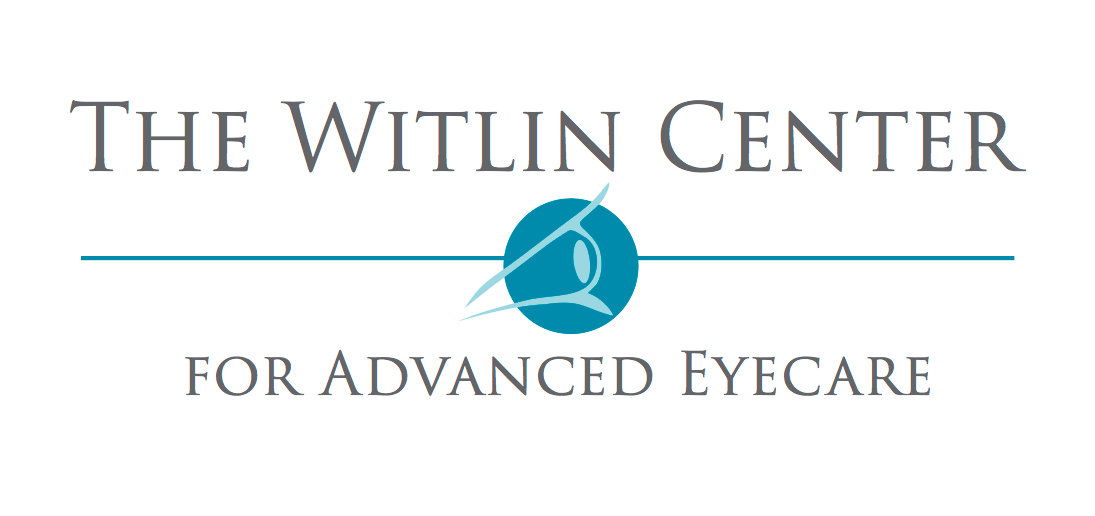
13 Sep Perfecting Your Vision with Lasik
Wouldn’t it be great to wake up and see perfectly without reaching for your glasses or popping in your contact lenses? It’s possible, with a little help. If you’re nearsighted (myopia), farsighted (hyperopia), or have an astigmatism, LASIK eye surgery may help you attain that near perfect vision in the morning, and all day long.
What is LASIK?
LASIK — which stands for laser-assisted in-situ keratomileusis — is a type of laser refractive surgery that reshapes your cornea, the transparent protective layer in the front of your eye. This improves the way your eye focuses on rays of light on your retina.
LASIK is the most common type of refractive eye surgery and has been performed on millions of people. While not all patients experience perfect vision after the procedure, the vast majority of them come pretty close. According to the American Academy of Ophthalmology, 90% of patients enjoy somewhere between 20/20 and 20/40 vision after a LASIK procedure.
Are You a Good LASIK Candidate?
While many people can improve their eyesight with LASIK, there are certain conditions or situations in which LASIK may not work. You should speak to your eye doctor or surgeon about whether LASIK is right for you, especially if you:
- Are pregnant or nursing
- Have a history of dry eye
- Are taking certain prescription drugs such as Accutane or oral prednisone
- Have thin corneas
- Have diabetes, rheumatoid arthritis, lupus, or glaucoma
The best LASIK candidates are adults (over 18 or in some cases, 21) in good health with healthy eyes. Your eyesight condition should be stable. If you are nearsighted, for example, you should postpone LASIK until your vision has stabilized, since nearsightedness can continue to worsen into your 20s.
What to Expect After Your LASIK Procedure
As with most surgeries, there are risks and possible side effects. Serious complications such as vision loss are very rare. More common risks include dry eyes, double vision, and light sensitivity. Side effects, which usually subside several hours after the surgery, include itchiness, blurry vision, and a burning sensation.
Most people experience very little pain and recovery quickly. You may notice an improvement in your vision immediately after surgery, but expect to notice more improvement the next day and subsequent days. Some people see the full benefits of LASIK within a couple of days or weeks, and for others, it can take three to six months.
And after that, you can say goodbye to prescription glasses and contacts and hello to near perfect vision, at least until you get older. Vision changes with age, so you may need reading glasses at a later date. And you’ll still need (nonprescription) sunglasses for sunny days.
In some cases, a second LASIK surgery may be necessary if the first one did not produce the near-perfect vision for which you were hoping.
For more information on how LASIK can help you ditch your glasses or contact lenses and perfect your vision, call Dr. Richard Witlin at the Witlin Center for Advanced Eyecare with offices in East Brunswick, Toms River, and Morristown, New Jersey, or make an appointment online.


Sorry, the comment form is closed at this time.